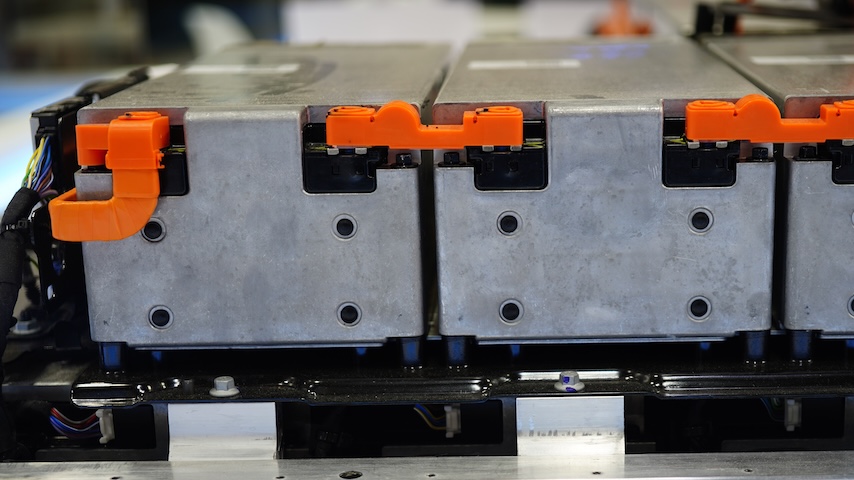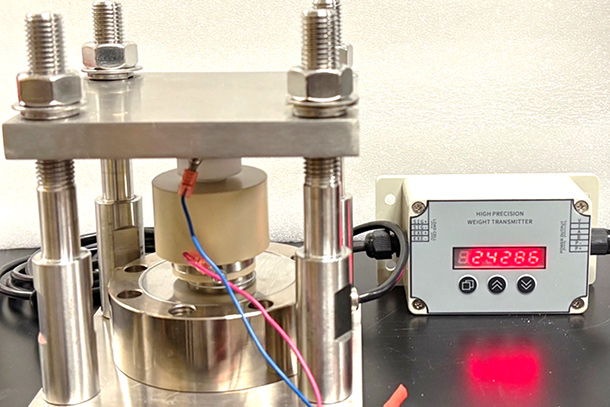STEM Education Coalition Holds Webinar Highlighting the Community and Corporate Response to the COVID-19 Pandemic
STEM Education Coalition Holds Webinar Highlighting the Community and Corporate Response to the COVID-19 Pandemic
In an effort to set the tone for STEM policy issues for the 117th Congress, the STEM Education Coalition recently held a webinar where panelists discussed how businesses and community organizations are responding to the disruption in STEM education caused by the COVID-19 pandemic. Panelists spoke to the enduring needs of further diversification equity among STEM students and those pursuing STEM careers, while also highlighting new needs resulting from the pandemic.
Panelists from Raytheon and BP shared how they have adapted their corporate actions as well as their corporate mentality in light of COVID. Shanda Hinton, Global Diversity, Equity, & Inclusion Executive for Raytheon Technologies, shared how Raytheon is paying closer attention to recruiting soft-skill talent in the areas of agility and flexibility, and how their own corporate structure is realigning to meet these new world needs. She also shares that diversification has undergone setbacks in light of COVID-19 and that the STEM workforce may take decades to recover.
Kathleen Martinez, Senior Director, Global Education and Employability for BP, shared how BP is prioritizing equity by undergoing a process to create a Global Education and Employability Strategy based on many of the changes that have come about as a result of adapting to the new work style brought in by the pandemic. She also addressed how companies are now seeking talent beyond engineering knowledge. While it is still essential that employees have the fundamental engineering knowledge to do the job, that knowledge needs to be paired with skills such as data science or analytics.
Laveta Willis-Hale, Executive Director of the Arkansas Afterschool Network, spoke about how informal learning, mainly K-12 afterschool and summer educational programs, need to adapt to address the lack of social and emotional learning happening during the pandemic. She says there is a need to better understand the scale of what education has been lost due to COVID and think about what COVID recovery will look like in terms of afterschool programming, especially to help students that have fallen behind.
Kevin Anderson, President of the Council of State Science Supervisors, also spoke about what needs to be done to better K-12 STEM Education in the COVID era. He recognizes that the U.S. is not making good progress on closing equity gaps or supporting students from underserved communities as much as is needed. He recommends creating a Federal position that coordinates all STEM activities across the Federal government, which in turn would make STEM resources more easily accessible. He also believes promoting STEM education at the highest levels, such as by bringing back the White House science fair and celebrating STEM teachers nationally, will create the excitement needed to attract both educators and students to STEM.
David Stroupe, Associate Professor of Teacher Education and Science Education at Michigan State University, spoke to the issues facing STEM Ed in Higher Education in the COVID era. He believes the U.S. needs to promote policies that demand equity and justice in STEM education and eliminate biases that make it less likely for women and people of color to pursue careers in STEM. Additionally, he believes it is vital to incentivize ambitious and equitable STEM teaching by having STEM higher education coursework and curriculum mimic what is needed in the workforce. Finally, he believes COVID has disrupted the preparation of STEM educators and there needs to be action to ensure that educators are provided with the proper tools needed to excel.
To view the full webinar, visit: https://www.youtube.com/watch?v=ewycex5Lzmg.







